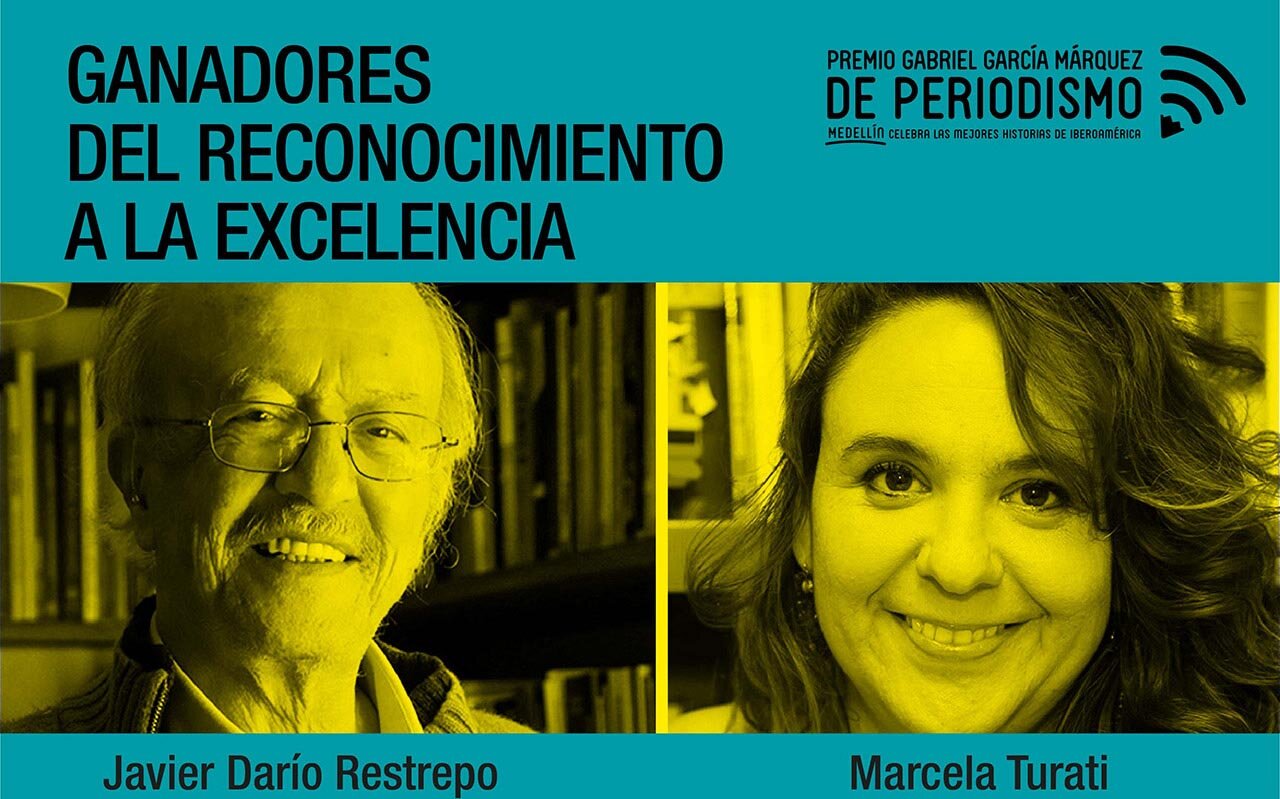diario19.com
More freelancers in Mexico and Colombia are turning to digital publishing for revenue and to continue working independently. Business challenges and technological hurdles can make this a difficult route. Here’s how four startups have fared…
Over the last four years I have seen an increase in requests for assistance from displaced freelance journalists in Colombia and Mexico. These are freelancers who have been forced to flee their home towns or cities in the provinces because of threats and intimidation. For safety reasons, most escape to the capitals, Bogota and Mexico City. But with lost contacts and increased competition, very few find work as journalists, and are forced to find jobs outside of the profession.
Most of our assistance has helped these freelancers and their families cover basic bills and living costs in the short term. But in 2012, we worked with local partners, the Foundation for Press Freedom (FLIP) and International Media Support (IMS), to support an initiative that helped three displaced Colombian freelancers create an independent news website, enabling them to continue working as journalists and generate a long-term income. The result, La Otra Orilla, has gained recognition for its journalism and proved popular with the public, but the difficulty of finding sustainable funding has been a huge challenge. Similar initiatives, set up by displaced freelance journalists elsewhere Colombia and in Mexico – such as Diario19 have also faced funding problems. So, why is this?
Local freelancers in Colombia and Mexico have been embracing digital because it gives them the opportunity to cover the stories and issues that mainstream media isn’t addressing. Many thought that by setting up their own independent news websites, they would be able to provide independent voices outside of the mainstream, especially when it comes to local topics and issues. Some also saw this as an entrepreneurial way to continue working as journalists.
But most have underestimated the business challenges, and built sites with little understanding of how to make them profitable. With backgrounds in print, radio and television, most assumed that their sites would be sustainable through advertising, but this hasn’t worked. And with the State being the major advertiser in Colombia and Mexico for local media, the ethics of receiving government money has, for many, been a compromise too far. In short, most lacked the right business knowledge including where and how to find funds. One Colombian journalist told me “Before setting up the site I didn’t look for information, training or advice. I created the site based on my experience (which is in print media). It has been really difficult to have publicity on the site. Now I realise I should have thought through a strategy to raise funds.”
Technology is another stumbling block. As a digital media expert in Mexico put it, local journalists “don’t have a good knowledge of technology. Despite their experience as journalists, digital media requires new ways to tell stories. If you don’t understand this you can’t have a viable business plan’’.
The trouble is, most of the freelancers I spoke to said that there was nowhere to go to find this sort of training, and with many working additional jobs to make ends meet, very few had the time to teach themselves.
There are some success stories. La Silla Vacia was set up ub Colombia in 2009 by the well-known and hugely experienced Colombian journalist Juantia León with backing from the Open Society Foundations. And Sin Embargo, in Mexico, was launched by the Valderes family, who have a track record of media ownership and contacts with local political power. Behind both of these is knowledge, investment, resources and business support – the sort of support that is, frankly, out of reach for the average freelance journalist in Colombia and Mexico.
It’s frustrating. Sites like La Otra Orilla and Diario19 may be succeeding journalistically but that’s not enough to guarantee their future. If we want projects like this to be successful, we need to be realistic about the support and non-journalistic business skills that freelancers need to develop in order to succeed in digital publishing. But with access to the right contacts, investment, access to knowledge and business training, local freelancers in Colombia and Mexico have the potential to make a real impact on their local and national media landscapes as well as on their own lives and livelihoods.
Do you want to know more?
The following links may be useful to freelance journalists who are considering their own jump into digital publishing. (Almost all the content in these pages are in Spanish)
- Guía de Periodismo en la Era Digital
- Cómo tres sitios de noticias independientes sobrevivieron en sus primeros cinco años
- El plan de negocios y otros retos del periodismo emprendedor
- Latinoamericano de Medios Digitales Y Periodismo
- Los medios digitales: México (PDF)
- Tips on preparing an effective journalism grant proposal
Catalina Cortes Castillo is Rory Peck Trust’s programme officer for Latin America, the Caribbean and Training Bursaries. Find her on Twitter at @CatitaTurri.








